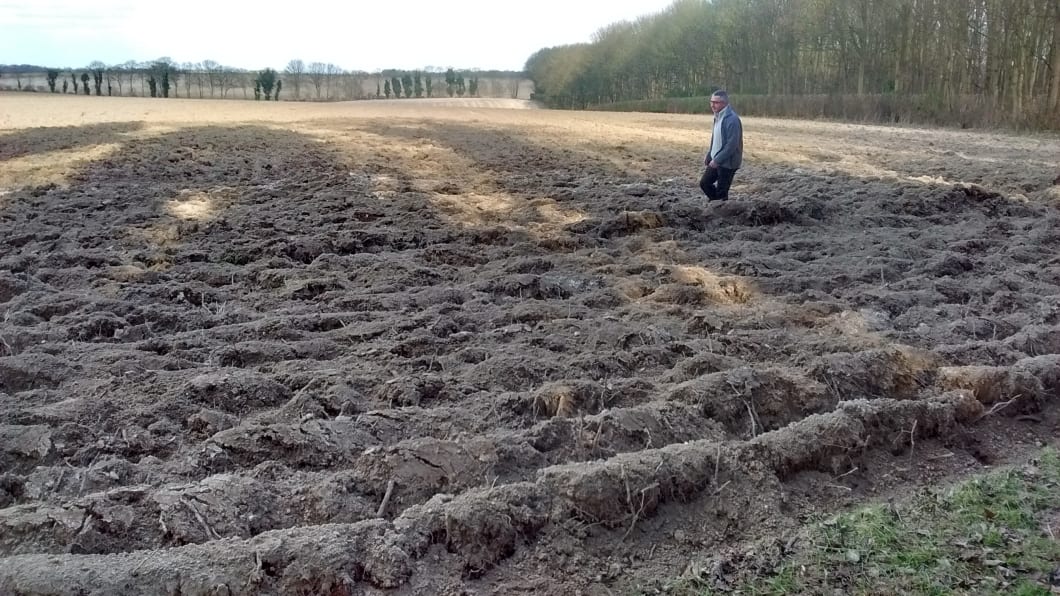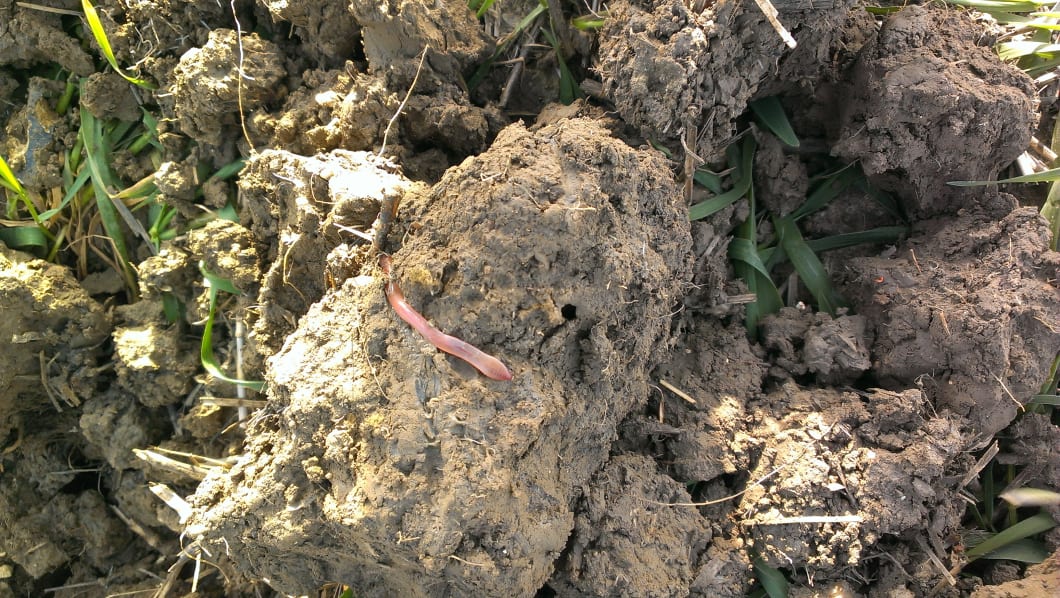A deeper dive into soils with Professor Jane Rickson
As we look towards World Soil Day on the 5th December, Professor Jane Rickson, one of the UK’s leading soil health experts, catches up with LEAF Technical Officer, Eleanor Marks to discuss the value of water retention in soils and the challenges faced by many farmers.
Professor Jane Rickson is an academic at Cranfield University (Soil, AgriFood and Biosciences) in Bedfordshire and member of LEAF’s Board of Trustees.
Eleanor: So let me start by asking- How do you define soil water retention?
Jane: When examining soils and water, it is important to remember the 3 Rs. The soil’s ability to:
- Receive water (from rainfall or irrigation or overland flow)
- Retain that water in the soil profile (especially during droughts)
- Release that water through infiltration (to avoid the risk of surface flooding)
Soil water retention is primarily related to soil texture and pore size; soil texture is dependent on soil type; sands, silts, clays, or combination of these.

Eleanor: What is valuable about having soils that retain water well?
Jane: As well as having water available for crops during droughts, soil water retention is important in reducing surface runoff and soil erosion. Healthy soils can receive, retain, and release that water down through its layers by infiltration. Runoff on the surface is therefore less severe compared to compacted soils that cannot hold, nor drain water through. Nutrients and other agrochemicals are lost in surface runoff and eroded soil. With the cost of nutrients being so high, it’s like money flowing down the drain.
Many farmers recognise soil as an asset that underpins their businesses. Farming approaches have shifted from solely preserving this asset, to improving it with regenerative practices. Our soils need to be made resilient to the extreme conditions we are experiencing, while growing good quality and quantities of food and materials. Regenerative farming ensures healthy and nutrient rich soils with good water retention and carbon storage capacity. Healthy soils keep farms in business so that rural livelihoods prosper.

Eleanor: What do you think are the main challenges farming is facing?
Jane: I think that farming does need to adapt to extreme conditions; hotter, drier summers and warmer, wetter winters. These conditions might require increased irrigation, flood management, or even cultivating alternative, heat tolerant crops. However, farming can contribute to mitigating against climate change, for example, through carbon sequestration rather than focusing solely on climate change adaptation.
Read more:
The full article is available in our Integrated Farm Management Quarterly magazine, exclusive to LEAF members. Click here to find out more.

